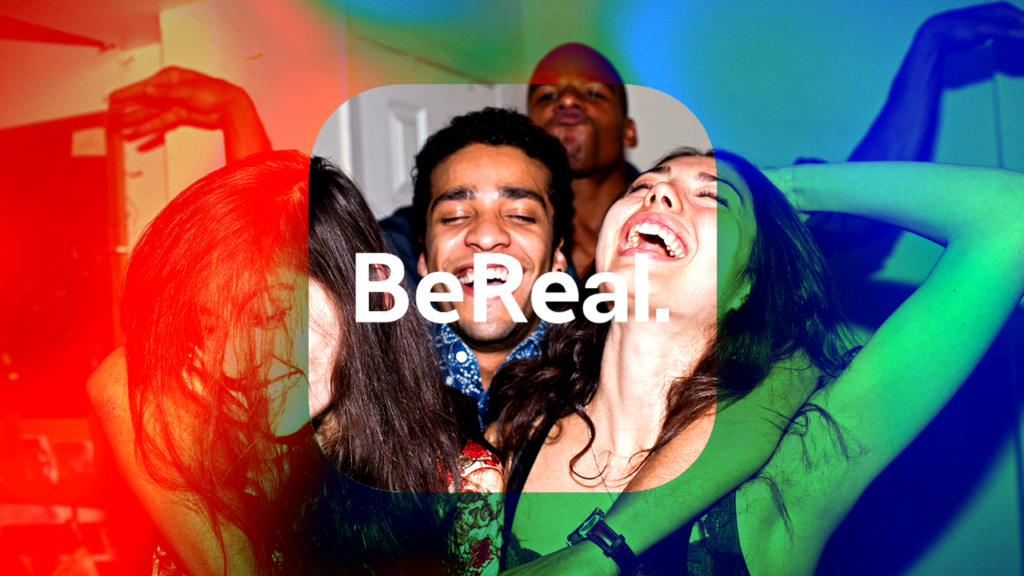This week in social media news, we’re taking a look at the TikTokification of social media and efforts to ‘dress down’ and decentralize platforms.
Why “Tik-Tokifying” Social Media May Not Work
It makes sense that Instagram and other platforms are making TikTok-like content available to its users: Short, addictive videos drive views and boost advertising dollars. That’s important for social companies like Meta, which has dropped its ad prices for two quarters.
But just because something works doesn’t mean it will work anywhere. Instagram faced significant backlash over its introduction of full-screen video and photo posts, and not just from the Kardashian clan.
Why it Matters:
The kids—and the celebrities—made it clear that a home feed featuring full-screen video was like, the opposite of fire. After Kylie Jenner announced to her 360 million fans that Instagram should “Stop trying to be tiktok i just want to see cute photos of my friends,” the company took steps to walk back its test of the formats in just five days. Adam Mosseri, head of Instagram, even tweeted his own video explaining that it’s all gonna be OK; Instagram would eventually pivot towards video (because that was what people were sharing most) but that the shift would be painless. His video was met with a bit of high-octane snark from Chrissy Tiegen, who tweeted back, “We don’t want to make videos, Adam.” The issue isn’t just that users are grumbling about algorithm-driven marketing, it’s that influencers are too. Like platforms, they know their audiences well, but they also understand that imitation is no substitute for innovation. Sometimes engagement is purpose and context-driven: users may head to Instagram for cute pics of their friends, as Kylie Jenner said, but they may not want to get TikTok-like videos in their “cute pic” destination unless it delivers something that TikTok can’t.
Niche Launches A Decentralized, Community-Driven Social Media Platform
Niche is a new network of digital communities that plans to create a Web 3.0 reimagining of the social network. Co-Founder and CEO Christopher Gulczynski was co-creator and CPO of Bumble, and Zaven Nahapetyan was co-founder, CCO, and patented co-inventor of “the swipe” feature for Tinder. That’s serious tech cred, but their innovative approach to user experience is even more intriguing. Instead of targeted ads, Niche will use “Niche Clubs,” permission-based, user-owned communities where users own and sell their own content. Users earn tokens that can be used for shopping, event admission, membership upgrades or exchanged for cash.
Why It Matters:
Decentralized anything is a big deal in tech, but the idea of extracting value from one’s own online activities and engagement is a new spin on an old idea that didn’t quite strike gold in the late 90s and early 2000s. There were more than a few startups that planned to redistribute cash to people who “surfed the web,” but the technology—and the audience—really wasn’t there. Now, networks boast hundreds of millions of followers, and even relatively new networks can garner billions in value relatively quickly. If Niche can give users control over their community interactivity and content engagement data and allow them to share that data with select brands as a quantifiable value, they may be able to make social media work for people as hard as it does for advertisers.
Why Not Just Be Real? The French Want To Know.
Finally, a look at BeReal, a no-frills photo-sharing app and product of the nation that brought us Being and Nothingness.
BeReal doesn’t have any filters to hide those stray hairs or dark circles under your eyes. It’s pretty much as advertised: it has a lot of people doing random things like drinking coffee or getting ready to board a plane. The retro element isn’t just kitsch, it is pretty radical for an era when an unfiltered photo is a rare sighting on social media.
According to The Hill, the app recently ranked No. 1 on Apple’s App Store for free apps, beating TikTok, YouTube, Instagram and Facebook.
Why it Matters:
People aren’t yet anti-influencers on social media (and may never be), but regular people may be the new hotness for audiences jaded by content or social media that obscures authentic, spontaneous experiences. BeReal—and the type of user-generated content it showcases—may be a refreshing vacation for consumers who want to see themselves represented more often online.

